Every example of storytelling, at its root, stems from themes and ideas presented by classic literature. While every show and movie may not be modern adaptations from classic literature, the literature inspires them. Fyodor Dostoevsky is no stranger to his ideas being reimagined in the present world. Many of his themes involve human manipulation, class divide, morality, and religion. His work might have occasionally faced scrutiny, but his words transcend time.
It’s Always Sunny in Philadelphia
In his book The Poetics of Dostoevsky, Leonid Grossman said Dostoevsky wanted “to fuse…the sublime with the grotesque, and push images and phenomena of everyday reality to the limits of the fantastic” (61-2). Rob McElhenney’s show It’s Always Sunny in Philadelphia does just that with its egotistical, sociopathic characters. Each episode takes a relevant subject, whether it is about a dating app or a high school reunion, and the characters make those realities into over-the-top scenarios no one ever considers.
Ideas analyzed in Dostoevsky novels are even visited in comedy. Once its fifteenth season airs, It’s Always Sunny in Philadelphia will be the longest running live action comedy series. How can a comedic television show relate to Dostoevsky writing? There are more parallels than one may think. Paddy’s Pub houses malicious and amoral characters that frequently partake in ideas Dostoevsky dissected. Calling the anti-sitcom a modern adaptation from classic literature would be a stretch, but it surely is similar.
Revenge
Dostoevsky’s Notes from the Underground examines revenge. The Underground Man possesses an unconventional approach to it. Most people see revenge as a means to justice, but the Underground Man seeks spiteful vengeance. He desires pain on the people who did him wrong. No solution is justifiable, rather he must inflict nuisance and/or pain on someone to achieve vengeance.
Arguably the most mysterious character in It’s Always Sunny in Philadelphia is Dennis Reynolds. An analysis on his character would warrant an entire post, but for now, comparisons to Dostoevsky will suffice. One could argue that Dennis’s characteristics are modern adaptations from classic literature. His temper consumes him countless times, and he often acts upon that rage. Copious hints plague the series that Dennis is a serial killer, but oftentimes his murderous traits surface when he seeks revenge.
In “The High School Reunion,” the Gang excitedly attends their high school reunion believing they were at the top years ago. Specifically, Dennis claims to be the most popular student. When several alumni confirm he was a psycho and dork, Dennis derails. He rushes to his car trunk and obtains duct tape and zip ties, implying he will torture his fellow alumni. His reaction is clearly out of spite rather than calculated justice. Similar to the Underground Man, when the Gang decides to use an impressive dance routine to get revenge, they actually do an awful job, and the alumni find them more pathetic than before. In Notes from the Underground, the Underground Man confronts a police officer, but the officer does not even notice him. Both instances display spiteful vengeance that does not amount to any gain.
*Following clips throughout blog contain some strong language*
The Double
Dostoevsky’s second major work was The Double in 1846. The novel follows a chaotic, anxious, and jittery protagonist that people often do not understand. Someone who appears just like him arrives and begins replacing the protagonist because he is better than him in areas the protagonist faults. Eventually, the protagonist goes mad.
Charlie is a fan favorite in It’s Always Sunny in Philadelphia. His incoherent songs, drawings, and monologues leave the Gang speechless. His efforts to keep the bar running go unnoticed by his friends which gives him arguably the most sympathy out of any character. Charlie’s characteristics echo the protagonist’s in The Double. His high pitch voice, fast speaking, and restlessness are the exact same.
Like Dostoevsky’s novel, a new member of the Gang slowly ushers Charlie out of his friend group. The episode titled “The Gang Gets a New Member” shows the Gang’s old friend Schmitty reenter their lives. Since the Gang keeps their group exclusive, they push Charlie away feeling he contributes nothing to the group. He slowly goes mad until the Gang finally gets rid of Schmitty and welcome back Charlie. Schmitty’s superiority does not end there though because in the aforementioned “The High School Reunion,” Schmitty steals Charlie’s chance to finally sleep with the girl he obsesses over.
This episode mirrors Dostoevsky’s writing much closer than others. Charlie is nearly a carbon copy of The Double’s protagonist, and he experiences the same problem. Even if it was not the writers’ intention, “The Gang Gets a New Member” can be argued as a modern adaptation from classic literature. The doppelganger story is often reincarnated in different varieties. While Schmitty does not look like Charlie, his characteristics override Charlie’s. The Gang barely notices Charlie’s departure from the group.
The Vice of Alcoholism
An unfinished Dostoevsky novel is Netochka Nezvanova. In this novel, Efimov aspires to be the greatest violinist ever. His alcoholism and ego obstruct his goals though. They become a vice to his existence, and he drags his wife and stepson down with him. They fall for his delusion and are stuck with the repercussions.
As mentioned early, Dennis is a complex character in It’s Always Sunny in Philadelphia. His characteristics are eerily like Efimov’s. Whether it is singing, writing, or dating, Dennis believes he is the greatest. He even screams, “I’m a five star man!” in “The Gang Group Dates.” His fellow Gang members fall for his egotistical claims. Many insane situations they get into stem from Dennis’s inflated head. Nobody benefits from his attitude. Clear proof comes in the season thirteen premiere. At the end of the previous season, Dennis leaves to take care of his child. When the audience revisits the Gang next season, they are all living better lives. A life without Dennis is a better life.
Before this moment, there are countless examples of Dennis’s downfall. He is not the only one affected by alcoholism though. “The Gang Gets Quarantined” displays the perfect mix of detrimental alcohol dependency and Dennis’s control over the group. As the Gang practices their Boyz II Men routine for a singing competition, they soon realize Dennis is out of control. A virus forces them into the bar’s bathroom in quarantine, and the virus takes control of them. Ironically, they actually have alcohol withdrawals. Dennis’s egregious belief he is the greatest and will lead his friends to success hampers the Gang. Simultaneously, they discover their crippling addiction as a result. Perhaps alcohol causes all their erratic behavior.
Dostoevsky Reimagined
Many artists reinvent old literature whether intentional or not. Vitaly Sumin is known for his modern adaptations from classic literature, specifically Dostoevsky literature. His latest project Dostoevsky Reimagined: The Making of Notes from the New World is a unique piece. It documents the tumultuous Notes from the New World production. The film’s original screenwriter, Robert Hurley, abruptly disappeared mid-production. Despite being a close friend to Sumin, he abandoned the work possessing the only shooting script. After investigation by the crew, they discovered alarming evidence in Hurley’s apartment linking him to aspects of his own script. These aspects included ties to the Russian mob and cults. The film is currently in postproduction, and the events will fascinate anyone who encounters them. More evidence will be uncovered. Discover the missing screenwriter mystery for yourself.
Want to know about VM Productions‘ Dostoyevsky-Los Angeles Project and about the films we make? Want to participate in our projects? Sign up to get tickets to the premiere of our movie (currently in post production), Dostoyevsky Reimagined-BTS and grab our FREE e-books !
 |
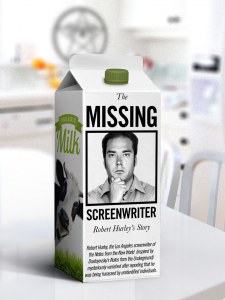 |
Follow us through our social media on Twitter, Facebook, Pinterest, Tumblr, Instagram, Goodreads.

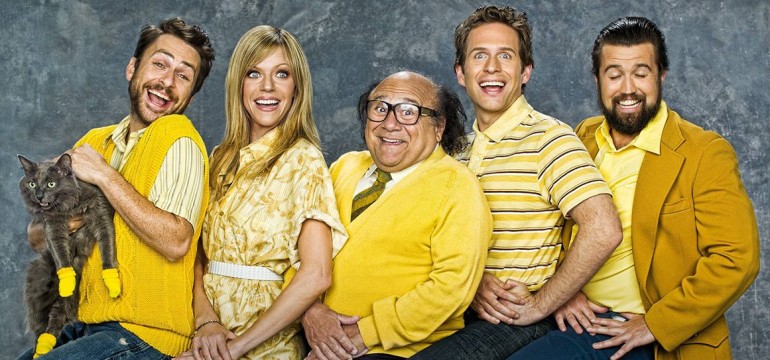
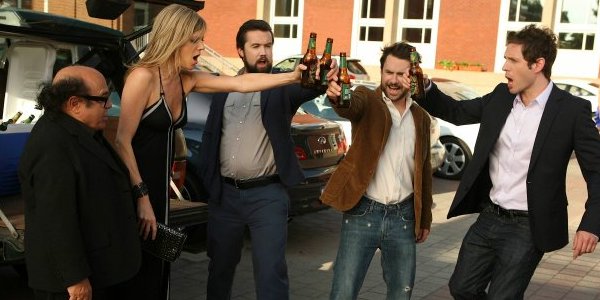

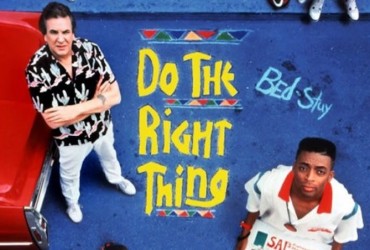
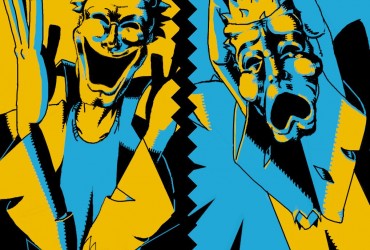
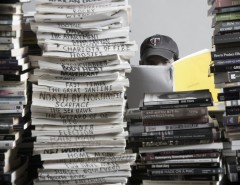


Leave a Reply